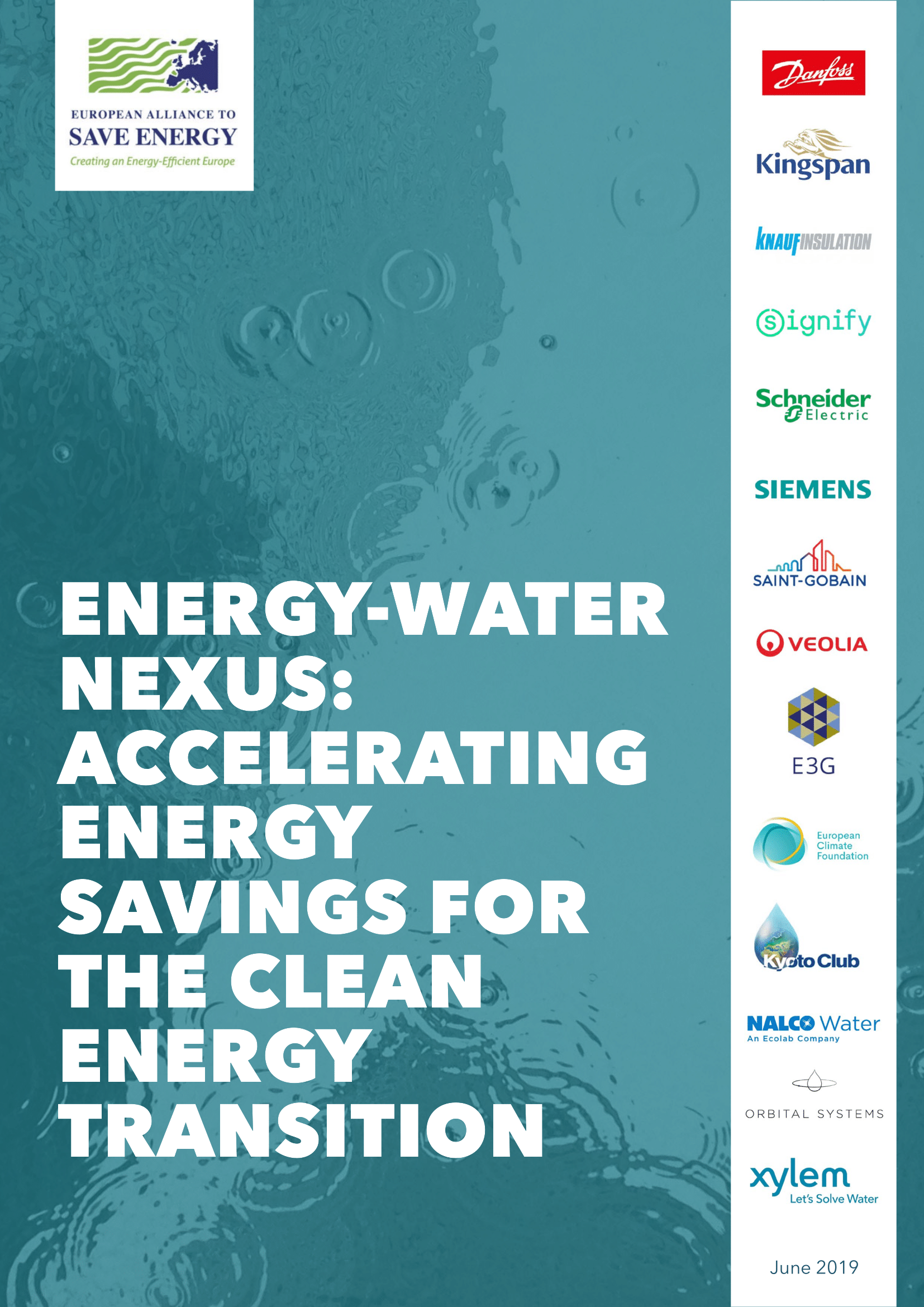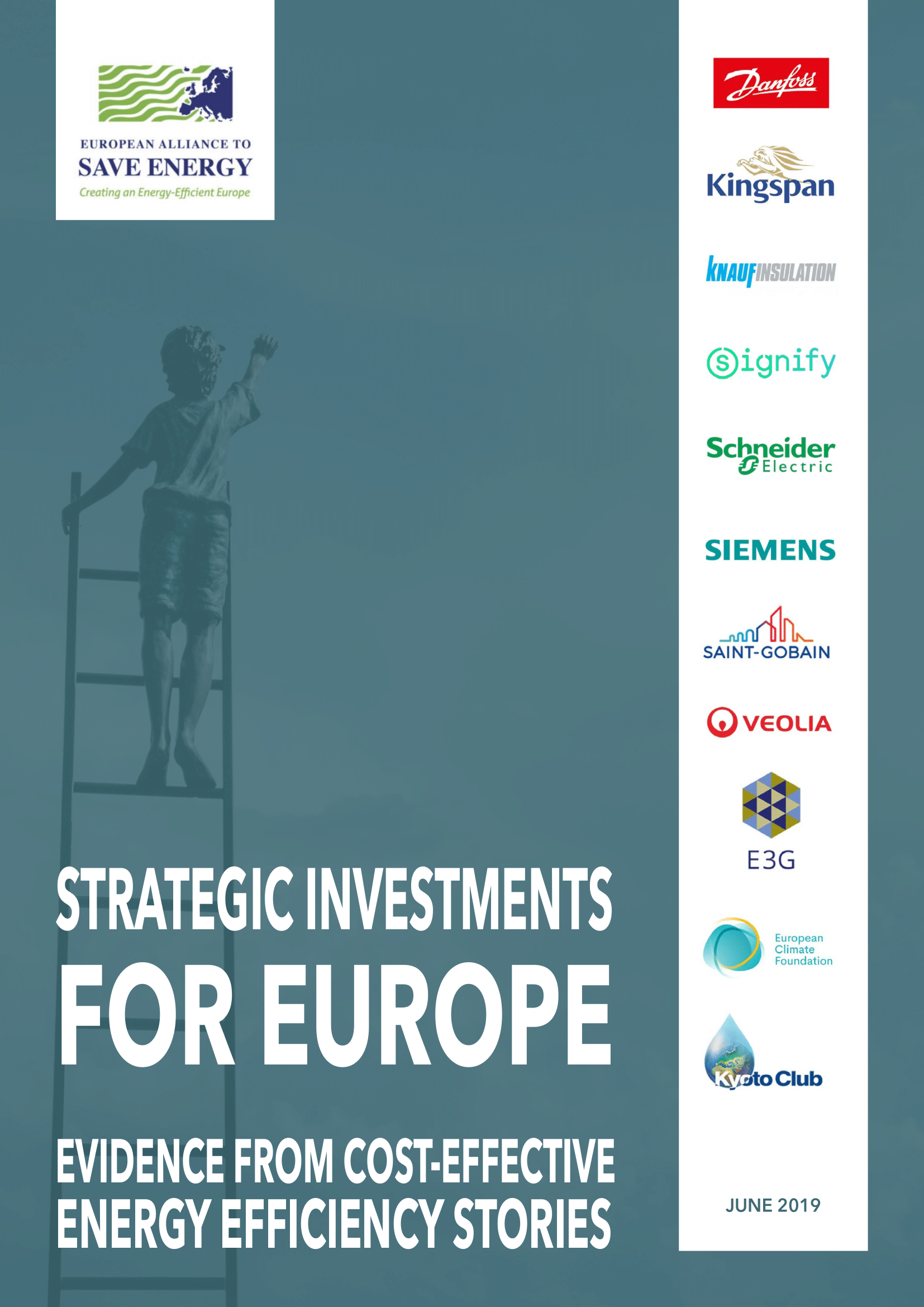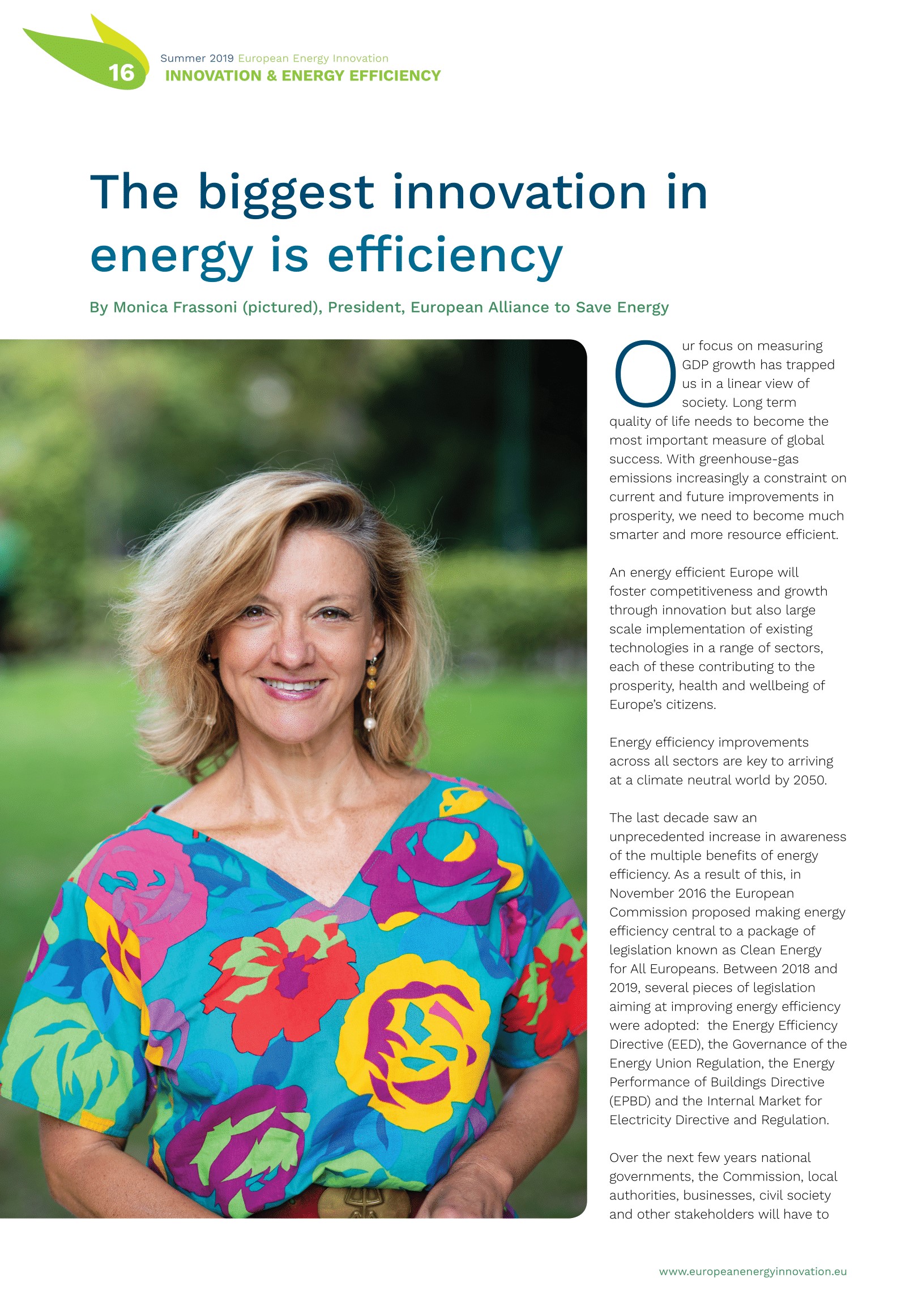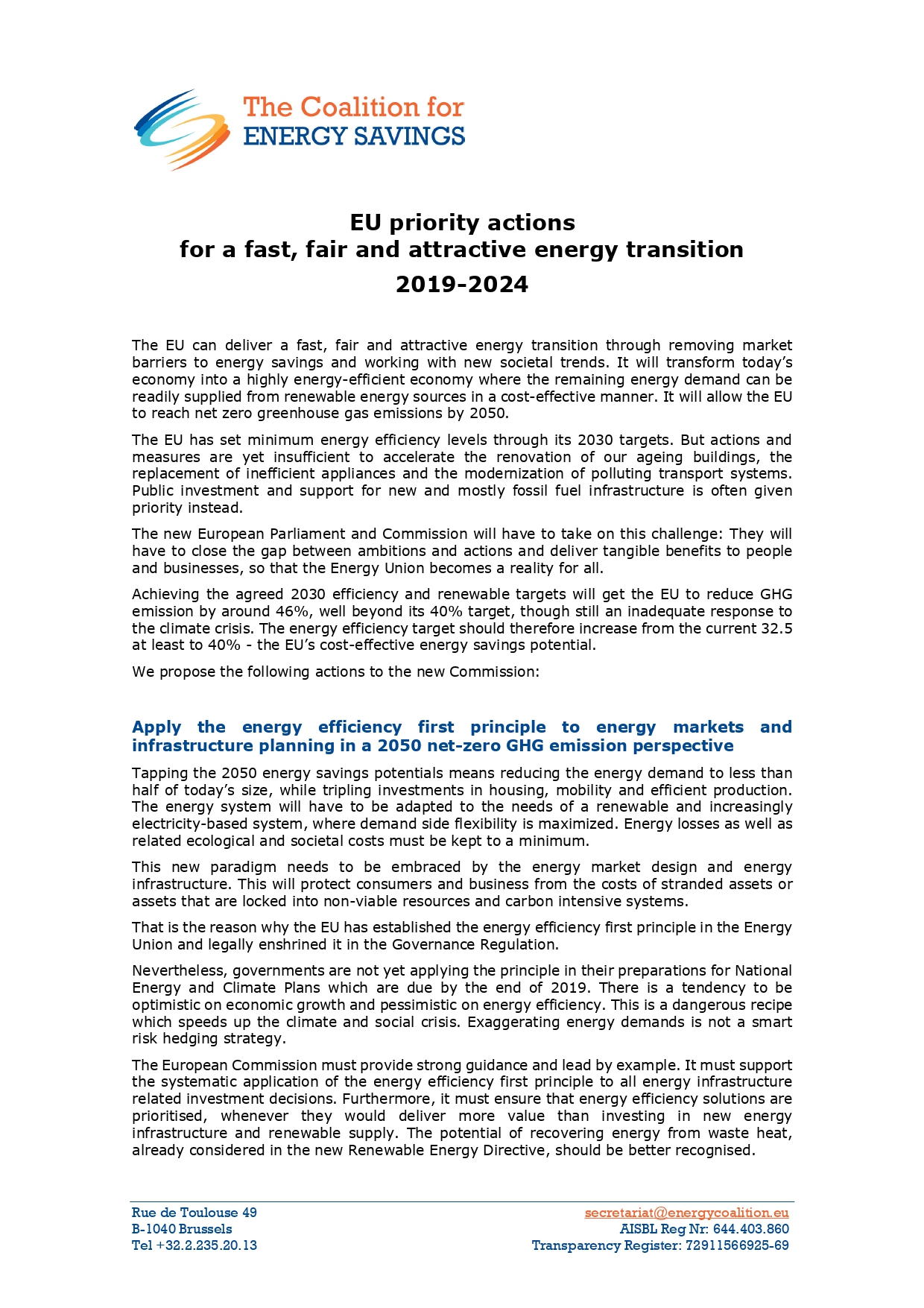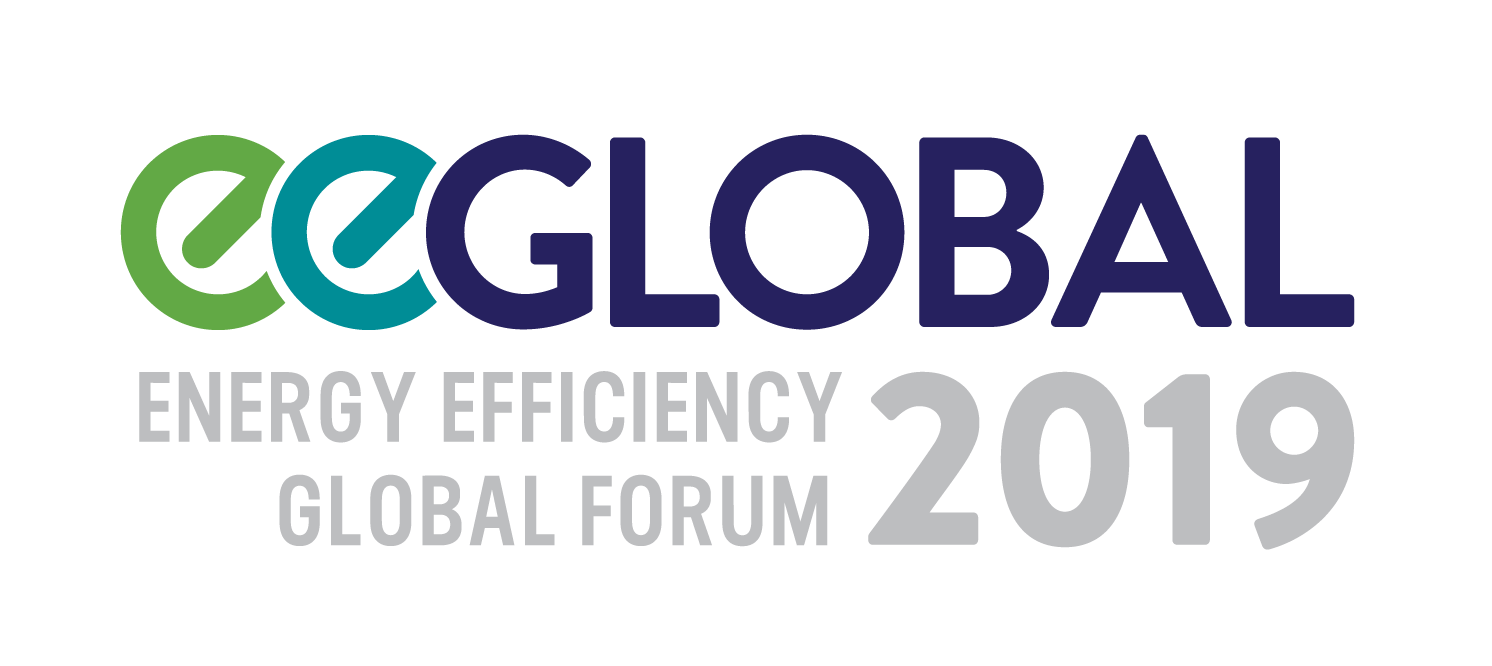Over the next few years national governments, the Commission, local authorities, businesses, civil society and other stakeholders will have to work together to fully implement these new laws.
The many benefits of energy efficiency in a climate neutral world
Energy savings are not only crucial for the transition to a decarbonised economy. They also offer many long-term benefits to offset costs associated with efficiency improvement. Investing in energy efficiency simply makes economic sense.
On average, every €1 invested in energy efficiency saves €3, over the lifespan of a technology. This means that energy efficiency is the most cost-effective way to tackle climate change.
The multiple benefits of energy efficiency include economic growth, increased competitiveness, job creation, healthier population and ecosystems, clean air and water, alleviation of energy poverty, and energy security. These benefits, combined with an increased use of renewables, simultaneously address the major societal, economic and environmental challenges facing the EU today.
Energy efficiency and the 1.5°C goal
Climate change is defining our era. If we do not take bold action, we risk missing the time where we can avoid the disastrous consequences of climate change, for people and for the natural systems that support us all. We are at a defining moment.
Energy efficiency is key to achieving the goals set out in the Paris Agreement on climate change and related greenhouse-gas emission reductions. According to the International Energy Agency (IEA), 76% of the European greenhouse gas emission reductions required to keep temperature increases below 1.5°C must come from energy efficiency.
In other words, without implementing bold energy efficiency policies, it will be impossible to reach Europe’s international commitments, maintain Europe’s global climate leadership, and prove the business case for climate change mitigation.
In its Communication “A European strategic long-term vision for a prosperous, modern, competitive and climate neutral economy”, the European Commission said that energy efficiency measures should play a central role in reaching net zero GHG emissions by 2050, reducing energy consumption by as much as half compared to 2005. In order to do so, Energy Efficiency First has to be used across a fast-changing energy system, as the best way to decarbonise our economies.
Europe’s energy landscape is indeed going through profound changes. These are, driven by digitalisation, an increasing share of renewable energy, distributed generation, citizens’ engagement (the creation of ‘prosumers’), electrification, storage, and market integration on both national and European level.
During the next political cycle we have to build a broad alliance of progressive forces, working together to decarbonise society in the interest of citizens and the economy. We have to embrace the digital revolution to deliver energy at the right time, in the right place and at the lowest cost. This will enable consumers to optimise and monetise their energy resources on a peer-to-peer marketplace. We have to unlock the potential for energy savings and carbon-footprint reduction that lies in the EU buildings stock.
We have to promote energy efficiency and renewables working together to provide over 90% of the energy related CO2 emission reductions needed under the Paris Agreement. And we have to unleash energy efficiency improvements in high potential sectors, including through legislative incentives for saving water and promote the water energy nexus across policies.
We need to act now. People, governments and businesses must work together to realise the full potential of energy savings across all industrial sectors, regions and cities. This will allow us to reap the social, economic and environmental benefits of energy efficiency.
